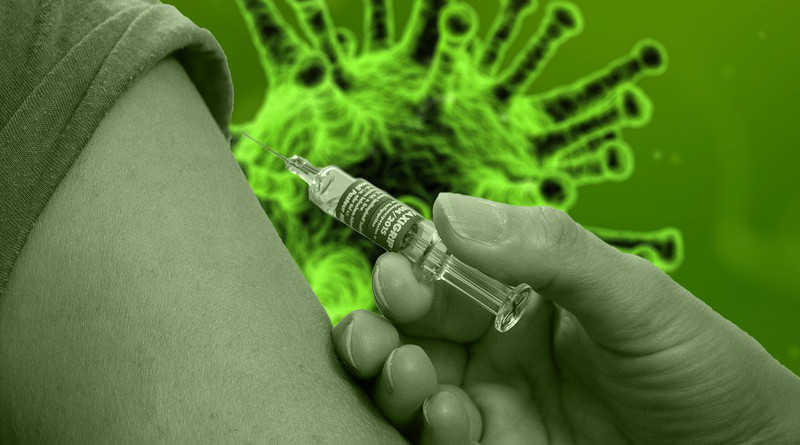‘Game-Changing’ Vaccine Against COVID-19 Could Still Be A Year Away
By EurActiv
By Natasha Foote
(EurActiv) — The development of a game-changing safe and effective vaccine for the COVID-19 virus could be a year away, according to a leaked document seen by EURACTIV.com, which states that Europe will “have to live with the virus,” until such a vaccine or treatment is found.
In the EU executive’s roadmap for lifting COVID-19 containment measures, the Commission stresses that the development of a vaccine and its speedy introduction is “essential”.
However, the Commission notes that, based on the information currently available, past experience with vaccine development time-frames and the estimates of the European Medicines Agency (EMA), it might take a year before a vaccine against COVID- 19 is ready for approval and available in sufficient quantities to enable widespread use.
As such, the communication says the Commission, in cooperation with the EMA, is “streamlining the needed regulatory steps, from clinical trials to marketing authorisations, to ensure an acceleration in the process,” as well as mobilising additional funding to foster research related to the vaccine.
The document highlights that the confinement measures across Europe have had a profound impact, emphasising that the measures introduced were “necessary to delay the spread of the epidemic and alleviate pressure on health care systems”.
Although effective in buying precious time for preparing the health care systems while saving “thousands of lives,” those measures “cannot last indefinitely,” the communication says.
The roadmap has been conceived to set out a post-confinement plan, offering recommendations to gradually lift containment measures and restart community life and the economy while protecting public health.
It builds on the expertise and the advice provided by the European Centre for Disease Prevention and Control (ECDC) and the panel of scientific experts advising the Commission on COVID-19 while taking into account the situation in member states.
The document says that the Commission is organising the research community and industry to join forces in large clinical trials to explore options for scaling up the production of vaccines and fostering international cooperation to promote access to the vaccine.
It also focuses on the development of safe and effective treatments and medicines, including by repurposing existing medicines currently authorised for other diseases or conditions, which it said could “limit the health impact of the virus on the population in the months to come and allow the economy and society to recover sooner and stronger.”
Clinical trials for these treatments have started and, like for vaccines, the EMA is preparing for an “acceleration of the regulatory steps,” highlighting that preference “needs to be given to setting up large, as much as possible European, clinical trials as these are necessary to generate the robust data required.”
The document also highlights the importance of communication, saying that “awareness campaigns should continue” to encourage the population to keep up the strong hygiene practices acquired, and social distancing guidelines should continue to apply.
It also suggests the use of facemasks in public, saying that although there is only limited indirect evidence supporting the use of non-medical facemasks as a means of source control, the latest ECDC guidance advises that the use of facemasks in public may “serve as a means of source control.”
“Facemasks can reduce the spread of the infection in the community by minimising the excretion of respiratory droplets from infected individuals who have not yet developed symptoms or who remain asymptomatic,” the document states.
“The use of facemasks in the community could be considered, especially when visiting busy, confined spaces,” although they should “only be considered as a complementary measure and not as a replacement for established preventive measures.”
However, the document cautions that “recommendations on the use of face masks in the community should carefully take into account evidence gaps, the supply situation, and potential negative side effects.”

